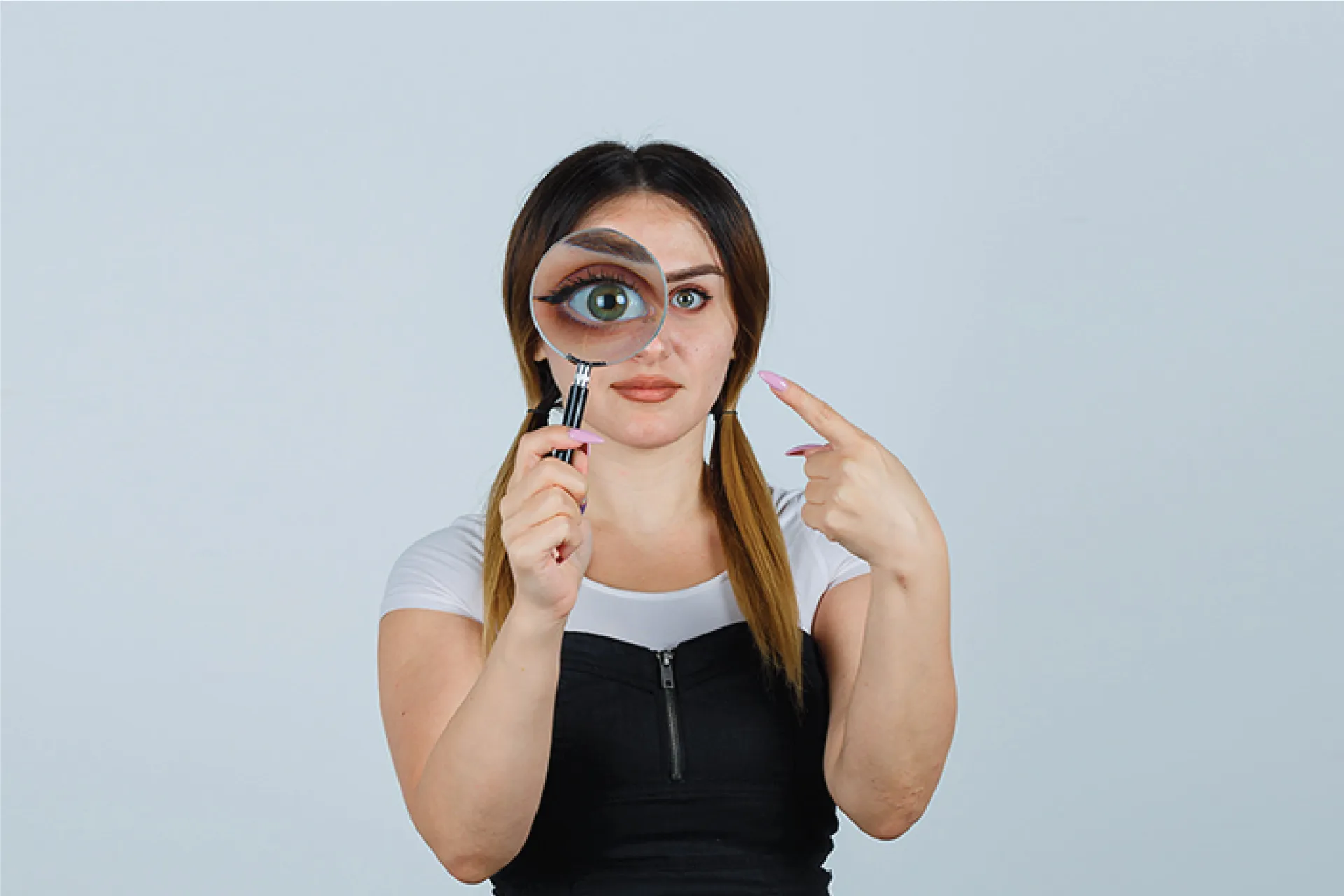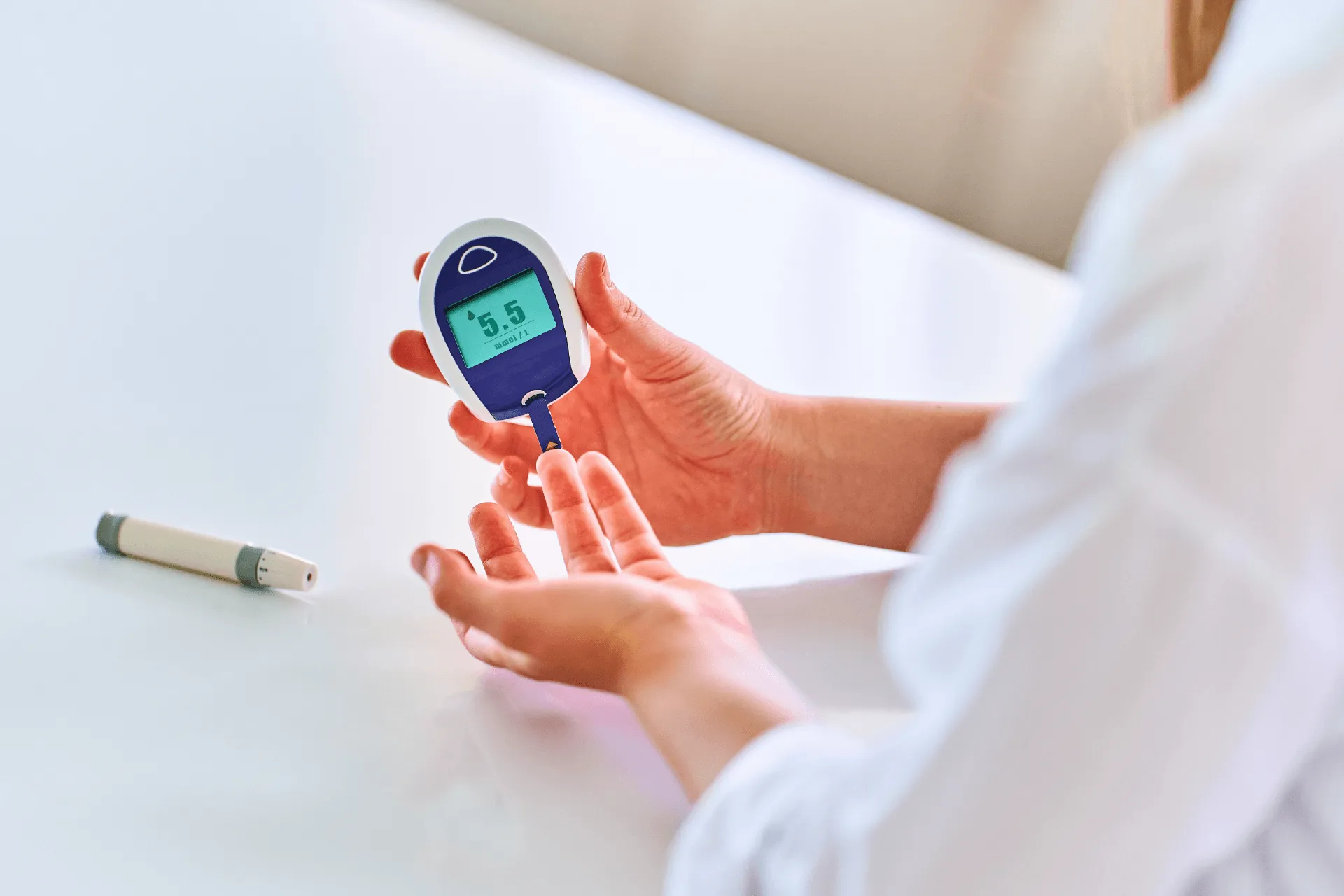Diabetes | 5 min read
A Guide to 4 Kinds of Diabetes and Other Types of Blood Sugar Tests
Medically reviewed by
Table of Content
Key Takeaways
- Diabetes can lead to an increased risk of stroke and <a href="https://www.bajajfinservhealth.in/articles/what-are-the-causes-and-symptoms-of-a-heart-attack-how-to-take-precautions">heart attacks</a>
- There is no cure for type 1 diabetes and the condition is permanent
- An FBS test with a measurement of 99 mg/dL indicates a normal level
Reports state that cases of high blood sugar levels or diabetes are increasing rapidly in low and middle-income countries. [1] Diabetes can affect the heart, eyes, kidneys, and blood vessels. Studies reveal that adults with diabetes are at an increased risk of heart attacks and stroke. [2] It is also one of the major causes of kidney failure.[3]
While Type 2 diabetes is the most common type of diabetes, Type 1 diabetes is also increasing with a 3-5% rise every year. [4] While researchers are still trying to find out the causes and prevention of Type 1 diabetes, it can be treated or controlled with lifestyle changes. Doctors may ask you to undergo blood sugar tests to keep a track of your blood sugar levels and help you maintain a normal fasting blood sugar range.
Read on to know the types of blood sugar tests done to determine the four kinds of diabetes and the FBS normal value you should maintain.
Types of Diabetes
Diabetes occurs when the pancreas fails to produce insulin or doesn’t use the produced insulin properly.
Prediabetes / Impaired Fasting Glucose
Prediabetes is a condition when your blood glucose levels are high but not high enough to be categorized as type 2 diabetes. You can keep it under control with lifestyle changes and taking medications. It has no symptoms but if not managed properly, it can progress to type 2 diabetes. Impaired fasting glucose is a type of prediabetes where a person’s fasting blood sugar level rises above FBS's normal value.
Type 1 Diabetes
Type 1 diabetes is when the pancreas does not produce any insulin. This happens when your immune system mistakenly destroys the beta cells in the pancreas. It is permanent and there is no cure for this type of diabetes. Patients with type 1 diabetes need to be injected with insulin daily to maintain normal blood glucose levels. It is more common in children and adolescents.
Additional Read: All you Need to Know About Type 1 Diabetes and Diet ControlType 2 Diabetes
Type 2 diabetes is the most common type of diabetes and it mostly occurs in people above 45 years of age. Here, your pancreas produces insulin but your body can’t use it efficiently. This forces your pancreas to produce more insulin until it can no longer cope up with the demand, thus leading to high blood sugar. People diagnosed with this condition need to make lifestyle changes and take medicines to control their blood glucose levels.
Gestational Diabetes
Gestational diabetes only develops during pregnancy. It usually disappears after pregnancy but the mother and the child will be at an increased risk of developing type 2 diabetes later in life. This type of diabetes occurs because of the insulin-blocking hormones produced during pregnancy. Exercising and maintaining weight before becoming pregnant can prevent the risk of getting gestational diabetes.

Types of Blood Sugar Test for Prediabetes, Type 1 and Type 2 Diabetes
Hemoglobin A1c Test
This test measures average blood sugar levels over 3 months. Here is what the measurements depict according to NIDDK [5].
- Below 5.7% - Normal blood sugar level- 5.7% to 6.4% - Prediabetes- 6.5% and above - DiabetesFasting Blood Sugar Test (FBS test)
It usually requires a person to fast for 8 hours before taking the blood test. A fasting blood sugar level is normal when it is 99 mg/dL or below. A fasting blood sugar range between 100 and 125 mg/dL indicates prediabetes. You are said to have diabetes if it is 126 mg/dL or above.
Random Blood Sugar Test
Random blood sugar level tests don’t require you to fast. You can take it any time. A random sugar range of 200 mg/dL and above indicates the person has diabetes.

Types of Blood Sugar Test for Gestational Diabetes
Glucose Screening Test
This is the first test for gestational diabetes. According to NIDDK [6], this test is done between 24 and 28 weeks of pregnancy. You have to drink a liquid with glucose and an hour later, your blood is drawn to measure blood sugar levels. A result of 140 mg/dL or less is normal while a value exceeding 140 mg/dL requires you to take the next test, which is the glucose tolerance test.
Glucose Tolerance Test
For this test, you need to fast overnight and give a blood test to determine your fasting glucose levels. Later, you are given a drink containing glucose and your blood will be tested once again each hour for at least 2 hours. If the result of blood sugar remains high throughout, it confirms gestational diabetes.
Additional Read: 10 Important Diabetes Tests for a Healthy LifePeople who are older than 45 years, overweight, and have high BP are at a greater risk of diabetes. Losing weight rapidly, feeling fatigued, facing blurry vision, or urinating a lot are some symptoms of diabetes. Whether you have these symptoms or not, it is always good to monitor your blood sugar levels at regular intervals. Book your blood tests on Bajaj Finserv Health within minutes and keep your blood sugar levels in check. If you want to protect yourself from diabetes you can avail diabetes health insurance.
References
- https://www.who.int/news-room/fact-sheets/detail/diabetes
- https://pubmed.ncbi.nlm.nih.gov/20609967/
- https://www.niddk.nih.gov/health-information/diabetes/overview/preventing-problems/diabetic-kidney-disease
- https://www.ncbi.nlm.nih.gov/pmc/articles/PMC4413384/
- https://www.niddk.nih.gov/health-information/diagnostic-tests/a1c-test?dkrd=/health-information/diabetes/overview/tests-diagnosis/a1c-test
- https://www.niddk.nih.gov/health-information/diabetes/overview/tests-diagnosis
Disclaimer
Please note that this article is solely meant for informational purposes and Bajaj Finserv Health Limited (“BFHL”) does not shoulder any responsibility of the views/advice/information expressed/given by the writer/reviewer/originator. This article should not be considered as a substitute for any medical advice, diagnosis or treatment. Always consult with your trusted physician/qualified healthcare professional to evaluate your medical condition. The above article has been reviewed by a qualified doctor and BFHL is not responsible for any damages for any information or services provided by any third party.





